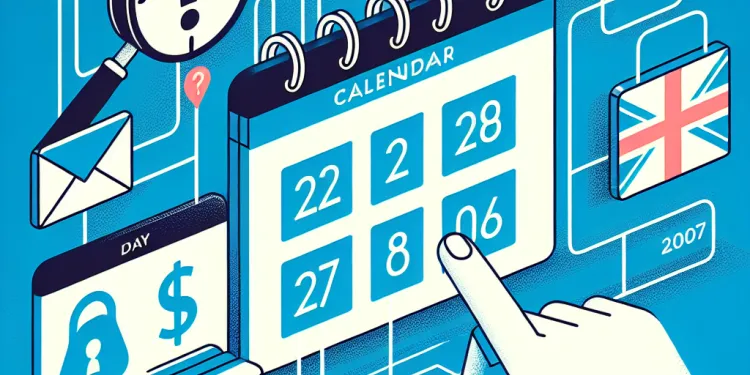
Find A Professional
More Items From Ergsy search
-
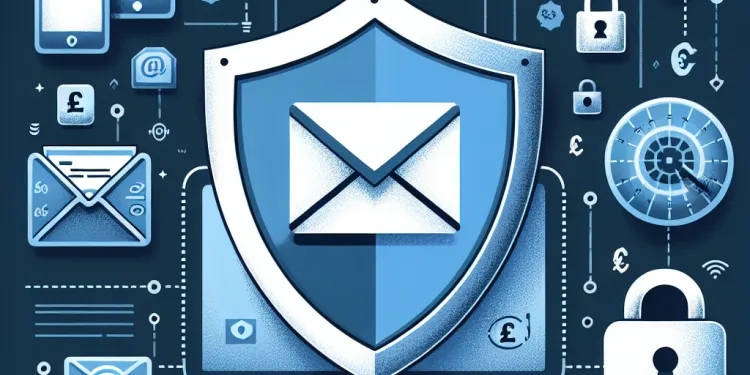
What is the risk of my contacts being compromised if my email is hacked?
Relevance: 100%
-
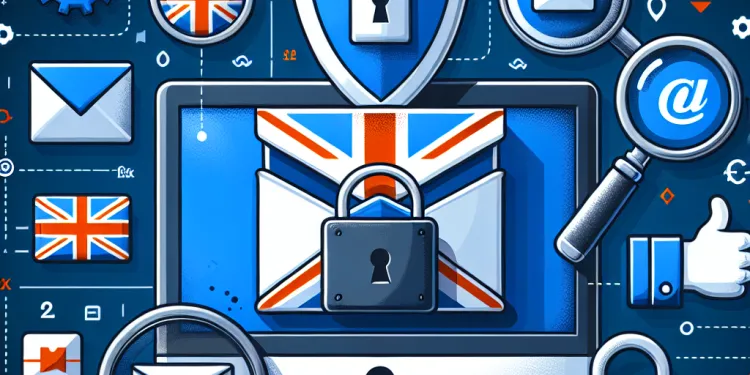
What are some signs that my email might be hacked?
Relevance: 95%
-
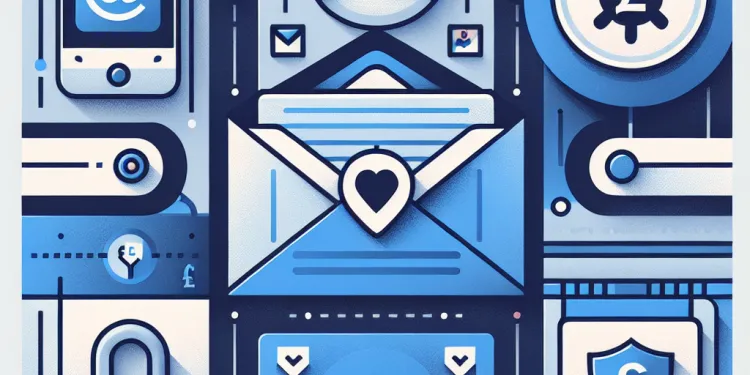
How do I know if my email has been hacked?
Relevance: 88%
-
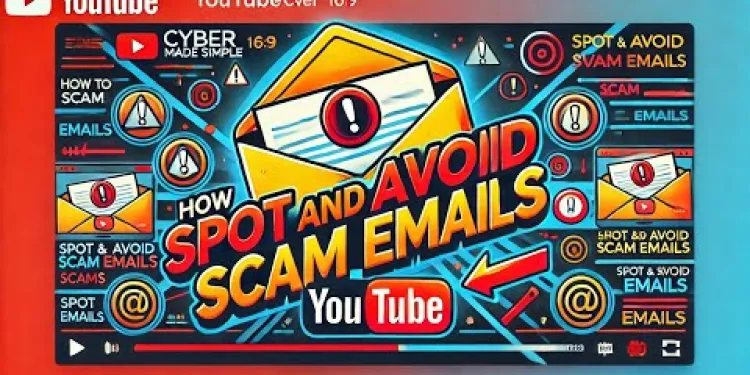
Don't Click On That Email (SPAM & SCAMS)
Relevance: 84%
-
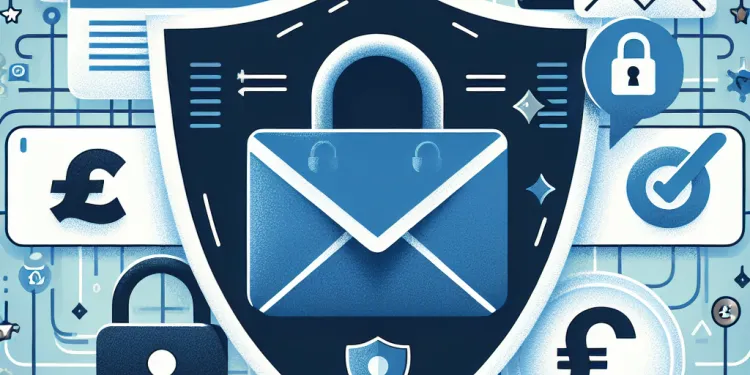
Should I contact my email provider if I suspect hacking?
Relevance: 83%
-
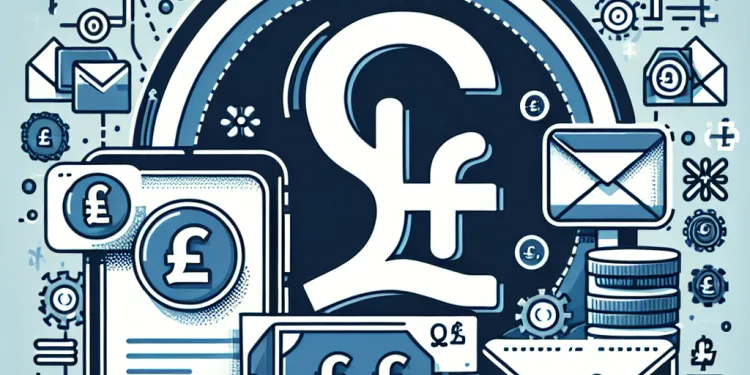
Why am I not receiving expected emails?
Relevance: 83%
-
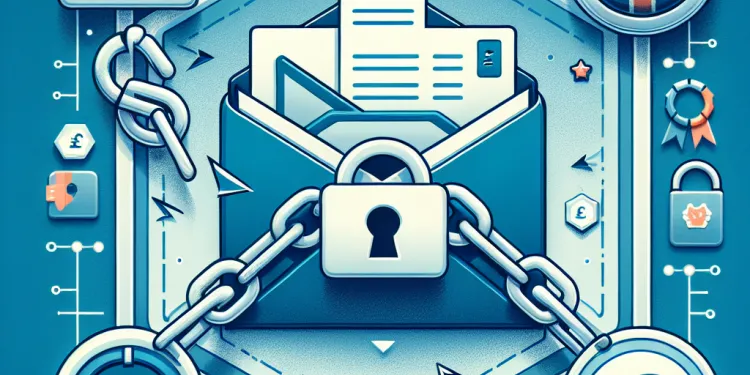
Why are emails often targeted in data breaches?
Relevance: 82%
-
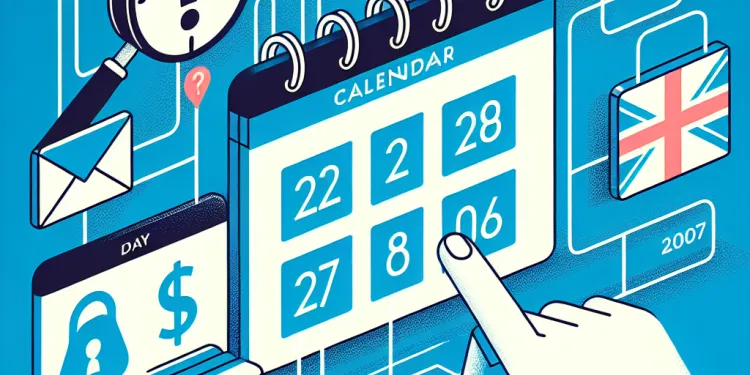
Can unexpected calendar events be a sign of a hacked email?
Relevance: 74%
-
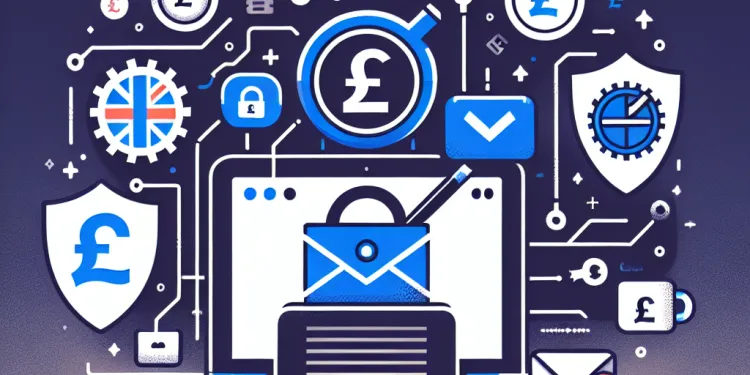
How can I recover a hacked email account?
Relevance: 73%
-
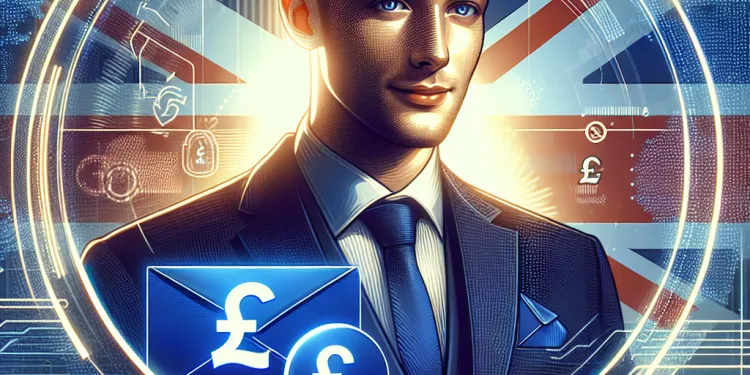
Why does my email appear to be sending spam?
Relevance: 70%
-
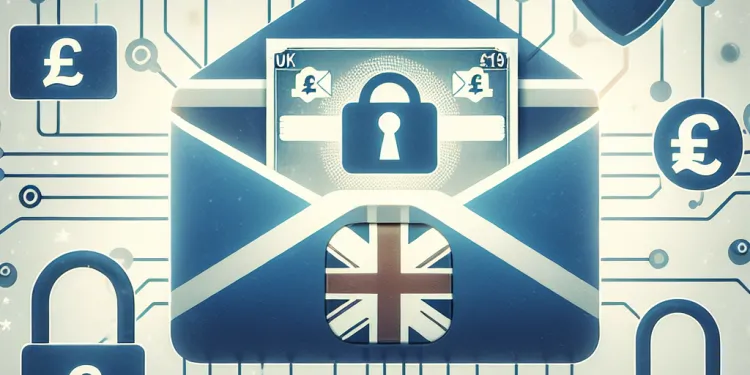
What signs indicate that my email filters may have been tampered with?
Relevance: 65%
-
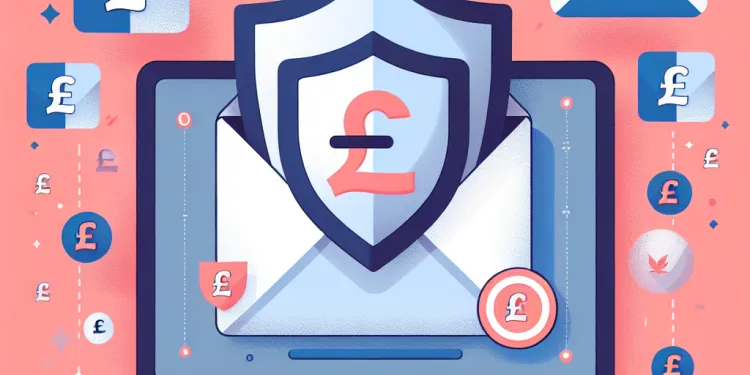
Can antivirus software protect my email from being hacked?
Relevance: 64%
-
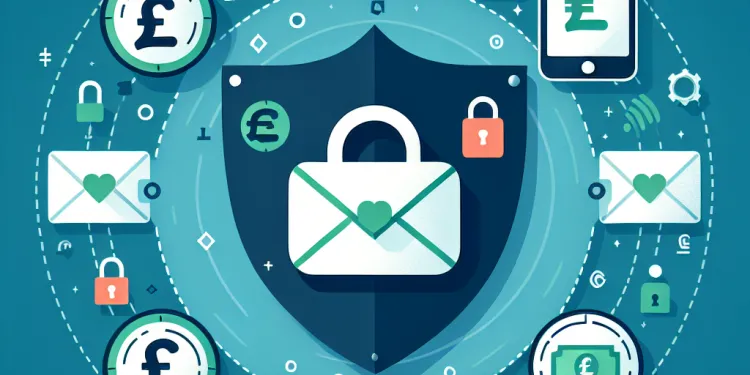
How can I secure my email after a hack?
Relevance: 63%
-
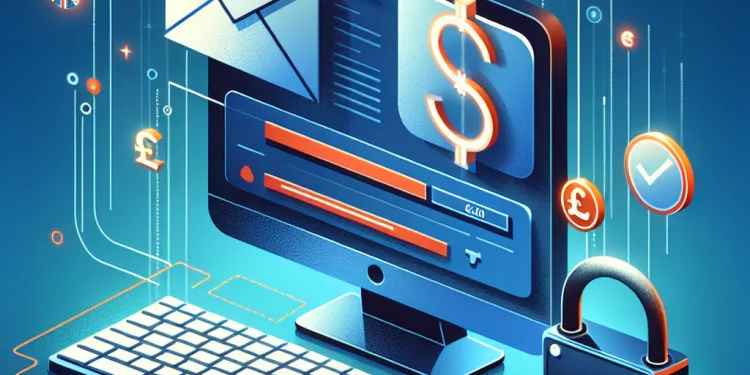
What should I do if I can't access my email account?
Relevance: 58%
-
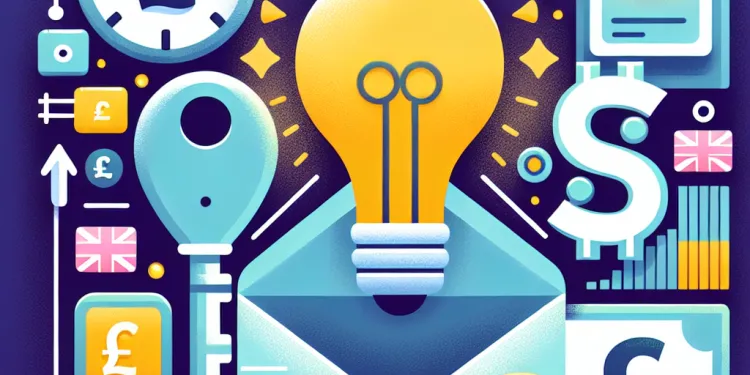
Why am I receiving password reset emails I didn't request?
Relevance: 55%
-
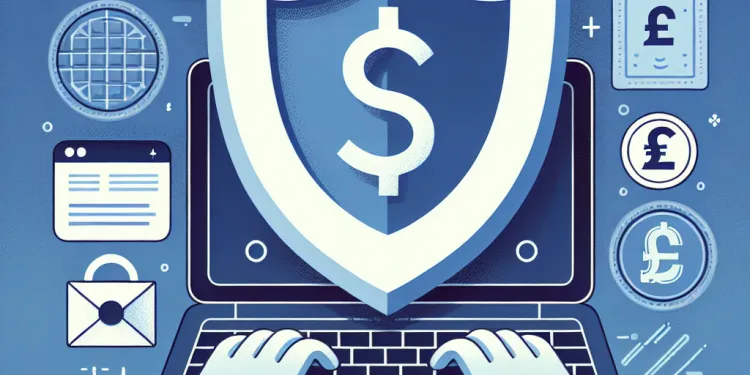
What preventive measures can I take to protect my email from being hacked?
Relevance: 54%
-
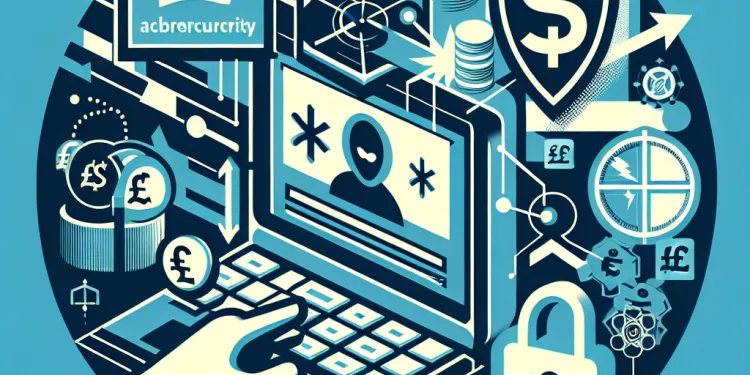
What are the risks of ignoring a hacked account?
Relevance: 51%
-
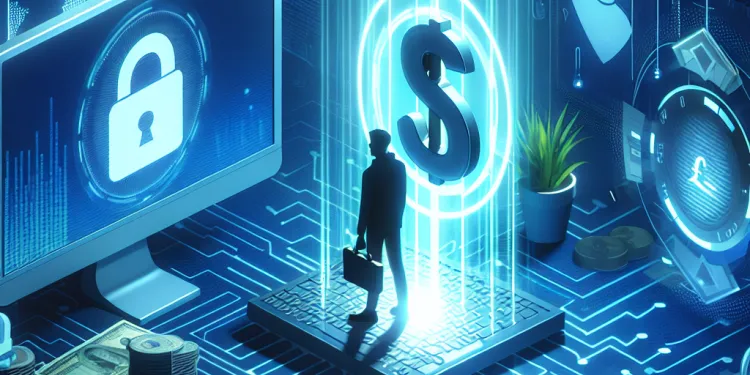
Should I report the hack to the social media platform?
Relevance: 51%
-
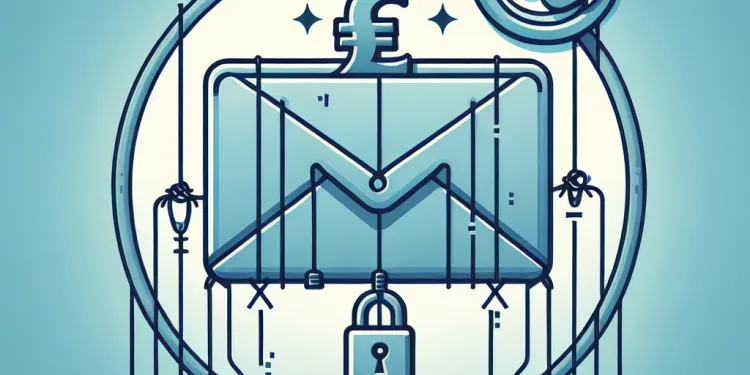
What should I do if I suspect my email has been compromised through phishing?
Relevance: 49%
-
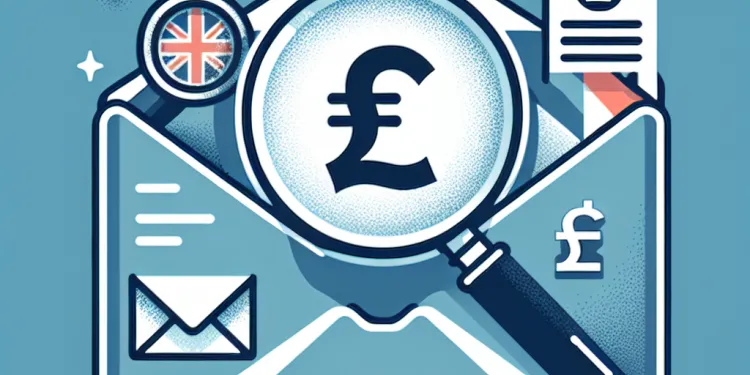
What should I do if I notice unfamiliar emails in my sent folder?
Relevance: 48%
-
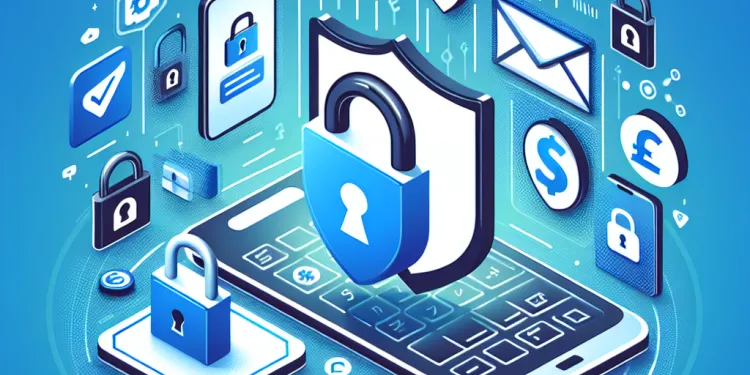
Can enabling two-factor authentication help if my email is hacked?
Relevance: 41%
-
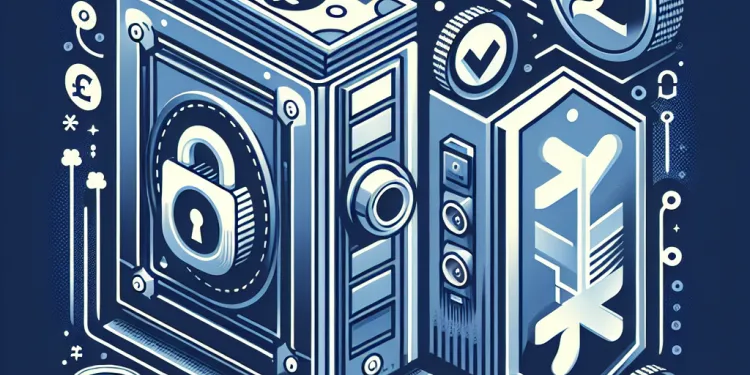
How do I know if my social media accounts have been hacked?
Relevance: 41%
-
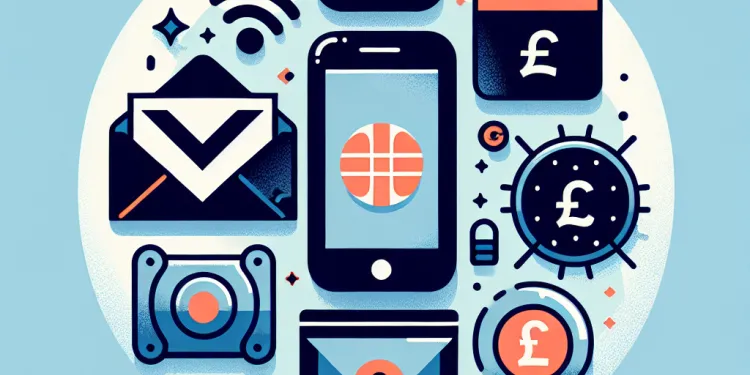
Is it safe to use public Wi-Fi to check my email?
Relevance: 35%
-
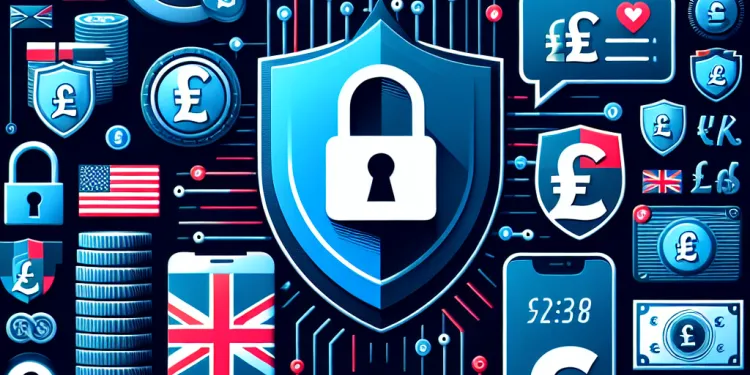
What signs indicate that my social media account might be hacked?
Relevance: 35%
-

Will changing my password secure my hacked account?
Relevance: 31%
-
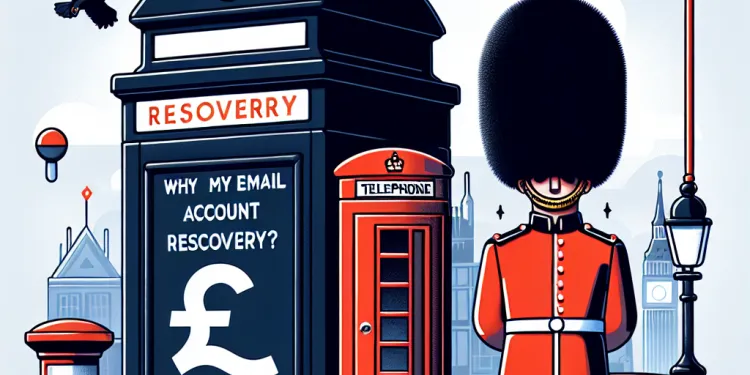
Why have my email account recovery options changed without my knowledge?
Relevance: 31%
-
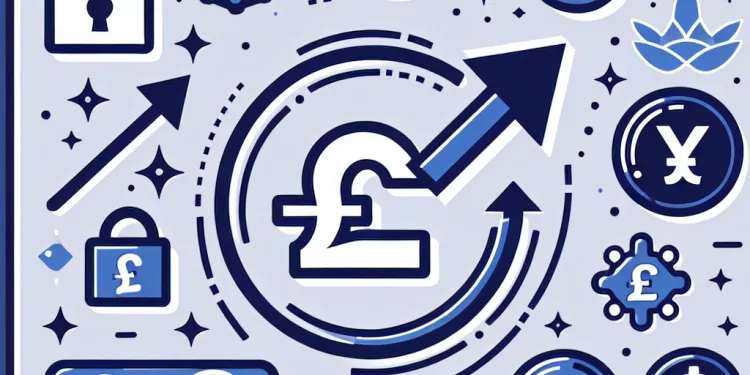
Can a sudden decrease or increase in followers indicate a hack?
Relevance: 30%
-
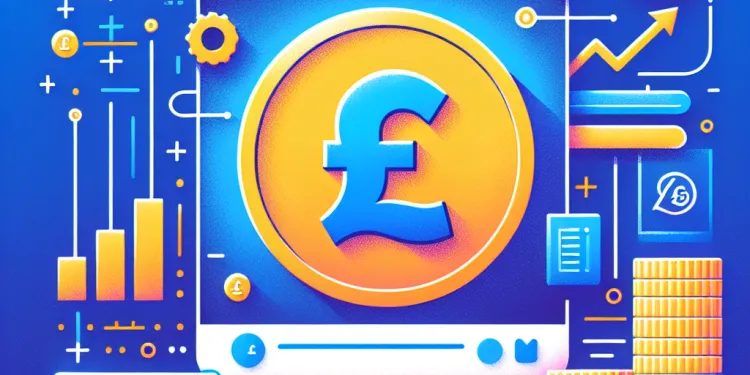
How do I know if my password has been hacked?
Relevance: 26%
-

How can I check recent login activity on my email account?
Relevance: 25%
-
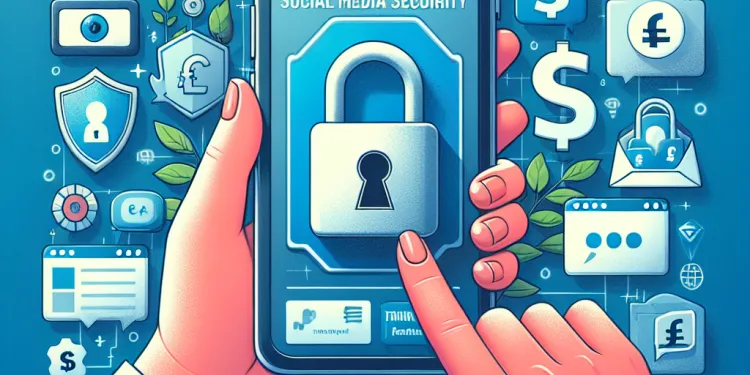
Is it possible for hackers to use my social media posts to cause harm?
Relevance: 25%
-
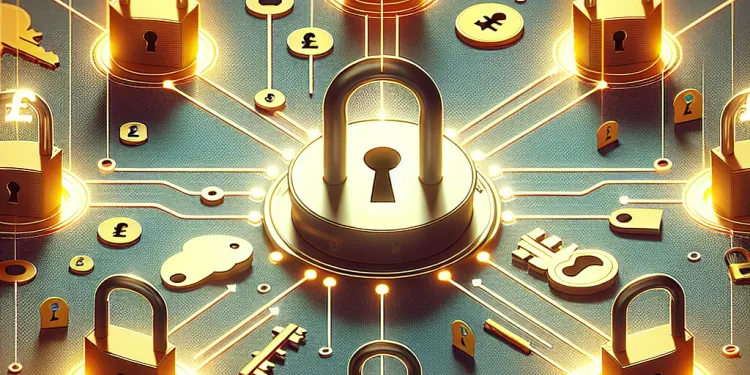
Can using the same password across accounts increase the risk of hacking?
Relevance: 25%
-
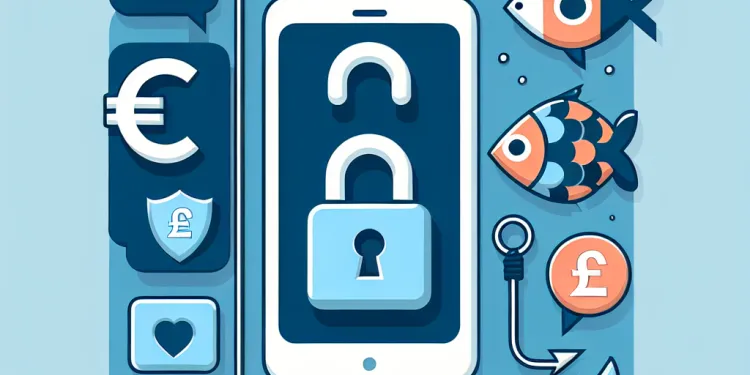
How can phishing attacks lead to social media hacks?
Relevance: 23%
-
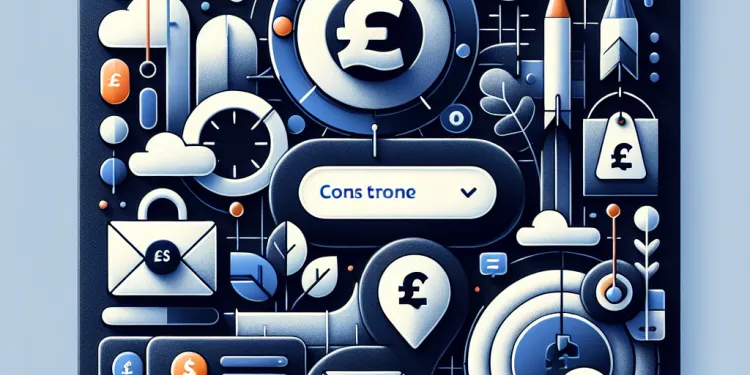
Why are there login attempts from unfamiliar locations in my email activity?
Relevance: 23%
-
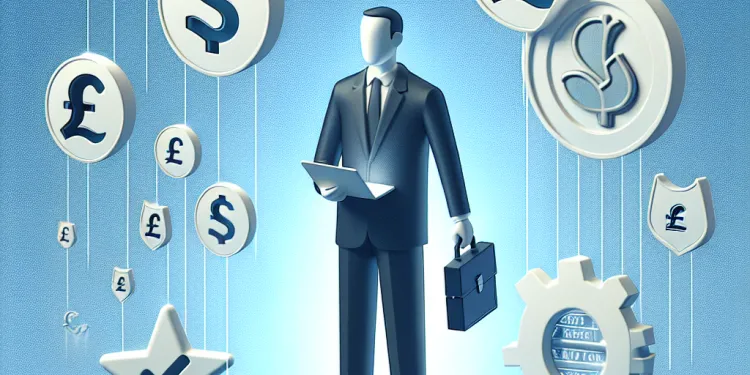
What are phishing scams?
Relevance: 22%
-
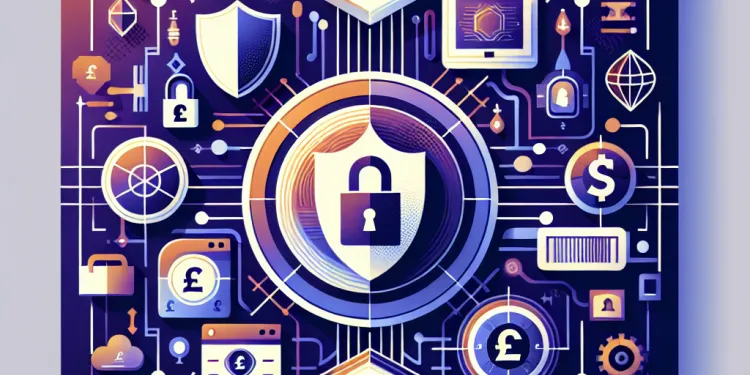
What steps can I take to prevent future hacks?
Relevance: 20%
-
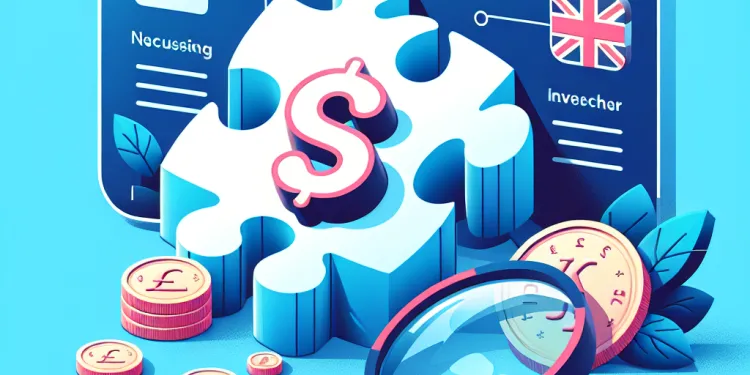
What information do I need to provide to check for breaches?
Relevance: 15%
-
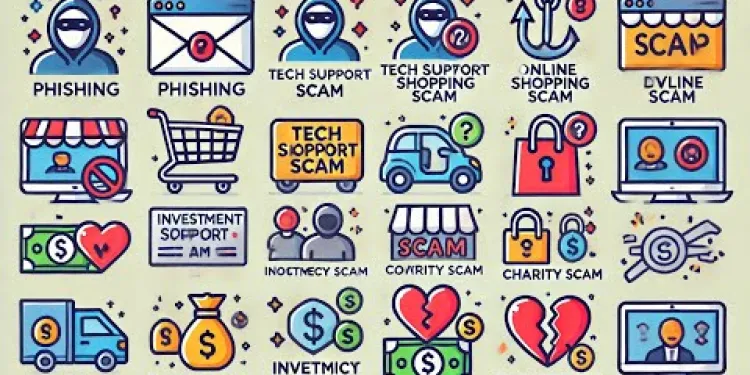
Don't Fall for These 7 Cybersecurity Scams!
Relevance: 13%
-
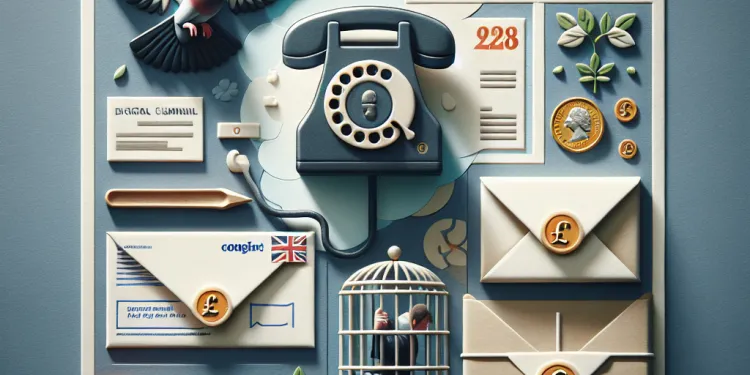
How can I contact someone in prison?
Relevance: 11%
-
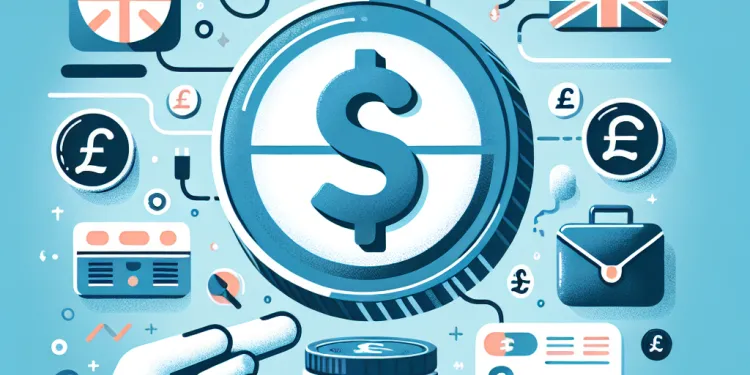
How are customers being informed about their eligibility for refunds?
Relevance: 11%
-
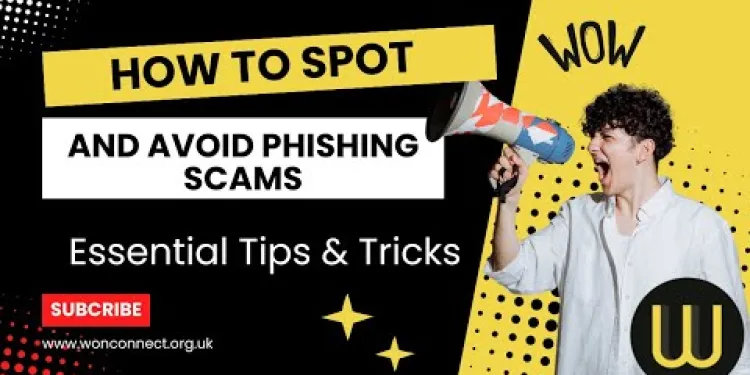
Phishing Scams EXPOSED Don't Fall Victim to These Tricks!
Relevance: 11%
Introduction
In today's digital age, email security is paramount. Receiving unexpected calendar events can be perplexing, raising concerns about the safety of your email account. Hackers use various techniques to access sensitive information, and unusual calendar invites might be one of them. This article explores whether unexpected calendar events could indicate a hacked email and offers guidance on how to protect yourself.
Understanding Calendar Spam
Calendar spam occurs when unsolicited event invitations appear in your digital calendar, often emanating from your email account. These events usually contain malicious links or misleading information. Hackers exploit vulnerabilities in the invitation features of calendar services, sending mass invites, hoping recipients will click on malicious links. Although receiving such an invitation doesn't necessarily mean your email has been hacked, it signals that your email address might be compromised or exposed.
Signs of a Hacked Email
Unexpected calendar events are one potential indicator of a hacked email, but there are other signs to look out for. If you notice emails in your sent folder that you did not send, sudden changes in account settings, unfamiliar login attempts, or if your contacts report receiving spam from you, these are red flags. Additionally, receiving password reset requests or notifications about unapproved logins also warrant concern.
Possible Risks and Implications
While the presence of spam calendar events alone doesn't confirm a hacked email, it poses several risks. Clicking links in these events can lead to phishing websites that steal personal information or install malware on your device. Worse still, if your email has indeed been compromised, hackers could access sensitive data, leading to identity theft or financial losses.
Protecting Your Email Account
To safeguard against these threats, activate two-factor authentication (2FA) on your email account, which provides an extra security layer. Regularly update your passwords, using complex combinations of letters, numbers, and symbols. Be wary of unsolicited emails and attachments, especially from unknown senders. It's also advisable to check if your email has been part of any data breaches on legitimate websites like "Have I Been Pwned?"
Managing Calendar Invitations
Most calendar services allow you to adjust settings for event invitations. Disable automatic calendar additions for emails, requiring manual review before events appear. This stops unwanted invites from cluttering your schedule and reduces the risk of inadvertently engaging with harmful content. Review your event invitations carefully, and if you suspect spam, don't engage or click anything within.
Conclusion
While unexpected calendar events can be unsettling, they're not definitive proof of a hacked email account. However, they do signify potential exposure to malicious activities or scams. By staying vigilant and implementing robust security practices, such as enabling 2FA, maintaining strong passwords, and managing calendar settings, you can protect your email and stay secure online.
Introduction
Today, using email is very common. Keeping your email safe is very important. Sometimes, strange calendar events show up, making you worry if your email is hacked. Bad people, called hackers, try to get your private information using tricks. One trick might be sending odd calendar invites. This article helps you understand if strange calendar events can mean your email is hacked and how to keep safe.
Understanding Calendar Spam
"Calendar spam" is when unwanted event invites pop up in your calendar. These often come from your email. They may have bad links or false information. Hackers use these to trick you. They hope you click the bad links. If you get a weird invite, it doesn’t always mean your email is hacked. But it could mean someone has your email address.
Signs of a Hacked Email
Strange calendar events might mean your email is hacked. There are other signs too. Check for emails you didn’t send in your "sent" folder. Watch for changes you didn’t make in your account settings. Notice if someone tried to log in without your permission. If friends get spam emails from you, be careful. Also, watch for password reset emails or login alerts you didn’t ask for.
Possible Risks and Implications
Spam calendar events alone don’t always mean your email is hacked. But, they can be risky. Clicking links in these events might take you to bad websites that steal info or harm your computer. If hackers get into your email, they might steal important information or money.
Protecting Your Email Account
To keep your email safe, use two-factor authentication (2FA). This adds extra protection. Change your passwords often. Use a mix of letters, numbers, and symbols. Be careful with emails from people you don’t know. Don’t open strange attachments. You can check if your email was leaked on trustworthy sites like "Have I Been Pwned?"
Managing Calendar Invitations
You can change settings for calendar invites. Turn off automatic adding of events from emails. This way, you check invites before they show in your calendar. This stops unwanted invites and keeps you from clicking bad links. Look at invites carefully. If it looks like spam, don’t click or respond.
Conclusion
Strange calendar events can make you worry, but they don’t always mean your email is hacked. They might show risk of bad activities or tricks. By being careful and using strong safety steps like 2FA, strong passwords, and controlling calendar settings, you can keep your email safe and secure online.
Frequently Asked Questions
What are unexpected calendar events?
Unexpected calendar events are entries in your calendar that you do not remember creating or accepting, usually appearing without your consent.
Can unexpected calendar events indicate a hacked email?
Yes, unexpected calendar events can indicate that your email account has been compromised, especially if the events were added without your knowledge.
How can hackers add events to my calendar?
Hackers can add events to your calendar by gaining access to your email account or by exploiting calendar invite features through phishing emails.
What should I do if I notice unexpected calendar events?
If you notice unexpected calendar events, check your email account for other signs of compromise and secure your account by changing your password and enabling two-factor authentication.
Are unexpected calendar invites a common sign of email hacking?
Unexpected calendar invites can be a sign of email hacking but can also occur due to spam or phishing attacks targeting calendar services.
How can I prevent unauthorized calendar events?
To prevent unauthorized calendar events, be cautious with email links and attachments, use strong passwords, and enable two-factor authentication for your accounts.
Can calendar events be used for phishing attacks?
Yes, fraudulent calendar events can be used to direct individuals to phishing sites or to deliver malicious content.
How do you detect if an email account is hacked?
Signs of a hacked email account include unexpected calendar events, unknown sent emails, login alerts from unfamiliar locations, and changes to account settings.
What is a phishing calendar invite?
A phishing calendar invite is a fraudulent calendar event designed to trick individuals into taking harmful actions, such as visiting a malicious website.
Can spam emails result in unexpected calendar events?
Yes, spam emails can result in unexpected calendar events if they contain malicious calendar invites that are automatically added to your calendar.
How can I secure my email account from hackers?
To secure your email account, use strong, unique passwords, enable two-factor authentication, regularly update your software, and be cautious with emails from unknown senders.
What steps should I take to verify unexpected calendar events?
To verify unexpected calendar events, check the invite details, contact the sender if possible, and cross-reference with your records or contacts.
Can my calendar be compromised independently from my email?
Calendar events are typically tied to email accounts, but vulnerabilities in calendar applications or social engineering attacks can also lead to unauthorized entries.
Should I delete unexpected calendar events immediately?
Yes, it is a good idea to delete unexpected calendar events you suspect are malicious and to check for further signs of account compromise.
Do unexpected calendar events affect all email providers?
Unexpected calendar events can occur with any email provider if the account is compromised or targeted by calendar-specific phishing attacks.
How does two-factor authentication help with unexpected events?
Two-factor authentication helps prevent unauthorized access to your email account, reducing the likelihood of unexpected calendar events being added.
Can compromised email accounts lead to data breaches?
Yes, compromised email accounts can lead to data breaches if they contain sensitive information or provide access to other linked accounts.
How can I report suspicious calendar events?
Report suspicious calendar events to your email provider's support team for investigation and guidance to secure your account.
What are some best practices for managing email security?
Best practices include using strong passwords, enabling two-factor authentication, regularly checking account activity, and being cautious with emails and calendar invites from unknown sources.
How can software updates help prevent email hacking?
Software updates often include security patches that protect against vulnerabilities that hackers may exploit to gain access to email accounts.
What are unexpected calendar events?
Unexpected calendar events are surprises in your schedule. They are things you didn’t plan for, like a last-minute meeting or a friend's surprise visit.
Think of these events as surprises in your day. They can change what you do.
Here are some ways to manage these surprises:
- Write them down: Add these events to your calendar right away.
- Use reminders: Set alarms to help you remember the events.
- Be flexible: It’s okay if plans change. Try to stay calm.
Unexpected calendar events are surprises on your calendar. You don't remember putting them there or saying yes to them. They just show up without you wanting them to.
Did Your Email Get Hacked If You See Strange Calendar Events?
Yes, if you see calendar events you don't know about, it might mean someone else is using your email account without permission.
How do bad people put things in my calendar?
Bad people called hackers can put events in your calendar. They can do this if they get into your email or trick you with fake calendar invites.
What to do if I see strange events on my calendar?
If you see events you don’t remember on your calendar, follow these steps:
- Look again: Check if you added the event by mistake.
- Ask a grown-up: They can help you understand what’s happening.
- Use a calendar app: Some apps have easy tools to manage events.
- Change your password: This keeps your calendar safe.
If you’re still worried, talk to someone you trust for more help.
If you see calendar events you did not make, you should check your email for any signs of trouble. Make your account safe by changing your password and turning on two-factor authentication.
Do strange calendar invites mean your email is hacked?
Getting calendar invites you don't expect might mean someone is messing with your email. But it can also happen because of spam or tricks trying to fool you through your calendar.
How can I stop unwanted calendar events?
To keep your calendar safe from bad events, be careful with links and files in emails. Use strong passwords and turn on two-factor authentication to protect your accounts.
Can bad people use calendar events to trick you?
Yes, bad people can use fake calendar events to trick you. They might try to make you visit bad websites or send harmful stuff to your computer.
How can you tell if someone broke into your email?
If someone takes over your email, here are things you might see:
- Calendar events that you did not add.
- Emails sent that you didn't write.
- Alerts saying someone logged in from a place you don't know.
- Changes to your account settings without your permission.
If you see these signs, ask an adult to help you or use tools like password managers to make strong passwords.
What is a fake calendar invite?
A fake calendar invite is when someone sends a pretend meeting or event to trick you. It shows up in your calendar, but it is not real.
If you click on it, they might try to steal your private information, like passwords. Be careful!
Here are some helpful tips:
- Look out for invites from people you don't know.
- If it seems strange, ask a trusted adult for help.
- Use tools that help block fake invites.
A phishing calendar invite is a fake event in your calendar. It tries to trick you into doing something bad, like clicking on a dangerous website.
Can spam emails make strange things show up on my calendar?
Yes, bad emails called spam can sometimes add surprise events to your calendar. This can happen if the email has a tricky invite that goes straight to your calendar.
How can I keep my email safe from bad people?
Here are some easy ways to keep your email safe:
- Use a strong password: Make your password hard to guess. Use letters, numbers, and symbols.
- Change your password often: Change it every few months to stay safe.
- Be careful with links: Don’t click on links from people you don’t know.
- Look out for strange emails: If an email looks weird or asks for personal info, don’t reply.
- Use two-step verification: This adds an extra lock on your email. You can find this in your email settings.
Ask someone you trust for help if you need it.
Keep your email safe by doing these things:
- Use a strong password. Make sure it's different from your other passwords.
- Turn on two-factor authentication. This is like an extra lock on your account.
- Update your software often. This keeps it safe from hackers.
- Be careful with emails from people you don't know. They might not be safe.
For more help, you can use tools that make passwords for you or apps that remind you to update.
How can I check unusual calendar events?
Here are some simple steps to help you:
- Look closely at the event. Read the details.
- Ask yourself if you know about this event.
- If you're not sure, ask a friend or family member.
- Check your emails or messages for clues about the event.
- You can use a calendar app to organize events better. It helps you see everything clearly.
By doing this, you can make sure your calendar is correct.
If you see a calendar event and you were not expecting it, here are some simple steps to help you:
1. Look at the details of the event. This means checking what it is about, when it is happening, and who sent it to you.
2. If you can, talk to the person who sent you the invite. This could be by phone, email, or asking someone you trust to help you contact them.
3. Check your own records or ask people you know if they can help. This could mean looking at other notes or emails to see if you missed something.
Can someone see my calendar without using my email?
If you think your calendar is not safe, it is important to check:
- Who can see your calendar? Look at the settings.
- Use a strong password to protect it.
- Keep your computer and apps up to date.
If you need help, ask a friend or use a tool that explains things clearly.
Calendar events are usually linked to your email account, but people can sometimes add things to your calendar without your permission. This can happen if there are problems with the calendar app or tricks to get you to agree.
Should I delete surprise calendar events right away?
Yes, it's a good idea to remove calendar events that you didn't add and think might be bad. You should also see if someone else has messed with your account.
Can surprise calendar events change all email accounts?
Surprise calendar events are new things on your calendar you didn't plan. They show up without warning.
This can happen to different email accounts like Gmail, Yahoo, or Outlook.
Here are some ways to help you understand better:
- Ask a friend or family member to explain.
- Use a voice assistant to read the question aloud.
- Look at pictures or videos about calendar events.
Sometimes, strange things can show up in your calendar. This can happen if someone gets into your email or tries to trick you with bad calendar messages.
How does two-factor authentication help when things happen suddenly?
Two-factor authentication (or 2FA) is a way to keep your online accounts safe. It means using two things to log in. First, you use something you know, like a password. Then, you use something you have, like a phone. This makes it harder for others to get into your account, even if they know your password.
Using 2FA can help you when something unexpected happens. For example, if someone tries to steal your password, they still can’t get in without the second thing.
To stay safe, you can:
- Use apps that help with 2FA, like Google Authenticator.
- Keep your phone safe and locked with a passcode.
- Tell an adult if you think someone knows your password.
Two-factor authentication is a way to make your email safer. It helps stop people from getting into your email who shouldn't be there. This means it is less likely that surprise events will show up on your calendar.
Can hacked email accounts cause data leaks?
If someone breaks into your email, they might see your private information. This can be bad for you. It can be bad for a company too. This is called a data leak.
Use these tips to stay safe:
- Use strong passwords with letters and numbers.
- Change your password often.
- Use two-step checks. This means you will need to do two things to sign in, like entering a code from your phone.
- Be careful with links in emails. Sometimes they can be tricks.
Try using tools that keep track of passwords for you. This can help you be safe online.
Yes, if someone gets into your email without you knowing, they might find important info or get into other accounts you use. It's a bit like a thief finding a key to your diary and other secrets.
How can I tell someone about strange events on my calendar?
If you see strange or funny events on your calendar, tell a trusted adult. They can help you fix it.
- Ask an adult to help look at the calendar.
- Tell them about the strange event.
- They can help you report it or make it go away.
Tools like screen readers or voice assistants can also help you.
If you see any strange events in your calendar, tell the people who help with your email. They can look into it and help you keep your account safe.
How can I keep my email safe?
Here are some good tips to stay safe online:
1. Use strong passwords. These are passwords that are hard to guess.
2. Turn on two-step login. This means you'll use your password and a code from your phone.
3. Check your accounts often. Look to see if anything looks strange or different.
4. Be careful with emails or calendar invites from people you don't know. They might be tricks.
Here are some tools that can help you:
- Password manager: It remembers your passwords for you.
- Authentication app: It helps with two-step login by giving you a code.
How do updates keep emails safe?
Updates are important. They fix problems in the software.
When we update, it helps keep our email safe.
To stay safe, always update your software when you can.
Software updates help keep your email safe from hackers. These updates fix problems that hackers use to break into email accounts.
Useful Links
- Ergsy carfully checks the information in the videos we provide here.
- Videos shown by Youtube after a video has completed, have NOT been reviewed by ERGSY.
- To view, click the arrow in centre of video.
- Most of the videos you find here will have subtitles and/or closed captions available.
- You may need to turn these on, and choose your preferred language.
- Go to the video you'd like to watch.
- If closed captions (CC) are available, settings will be visible on the bottom right of the video player.
- To turn on Captions, click settings .
- To turn off Captions, click settings again.
More Items From Ergsy search
-

What is the risk of my contacts being compromised if my email is hacked?
Relevance: 100%
-

What are some signs that my email might be hacked?
Relevance: 95%
-

How do I know if my email has been hacked?
Relevance: 88%
-

Don't Click On That Email (SPAM & SCAMS)
Relevance: 84%
-

Should I contact my email provider if I suspect hacking?
Relevance: 83%
-

Why am I not receiving expected emails?
Relevance: 83%
-

Why are emails often targeted in data breaches?
Relevance: 82%
-

Can unexpected calendar events be a sign of a hacked email?
Relevance: 74%
-

How can I recover a hacked email account?
Relevance: 73%
-

Why does my email appear to be sending spam?
Relevance: 70%
-

What signs indicate that my email filters may have been tampered with?
Relevance: 65%
-

Can antivirus software protect my email from being hacked?
Relevance: 64%
-

How can I secure my email after a hack?
Relevance: 63%
-

What should I do if I can't access my email account?
Relevance: 58%
-

Why am I receiving password reset emails I didn't request?
Relevance: 55%
-

What preventive measures can I take to protect my email from being hacked?
Relevance: 54%
-

What are the risks of ignoring a hacked account?
Relevance: 51%
-

Should I report the hack to the social media platform?
Relevance: 51%
-

What should I do if I suspect my email has been compromised through phishing?
Relevance: 49%
-

What should I do if I notice unfamiliar emails in my sent folder?
Relevance: 48%
-

Can enabling two-factor authentication help if my email is hacked?
Relevance: 41%
-

How do I know if my social media accounts have been hacked?
Relevance: 41%
-

Is it safe to use public Wi-Fi to check my email?
Relevance: 35%
-

What signs indicate that my social media account might be hacked?
Relevance: 35%
-

Will changing my password secure my hacked account?
Relevance: 31%
-

Why have my email account recovery options changed without my knowledge?
Relevance: 31%
-

Can a sudden decrease or increase in followers indicate a hack?
Relevance: 30%
-

How do I know if my password has been hacked?
Relevance: 26%
-

How can I check recent login activity on my email account?
Relevance: 25%
-

Is it possible for hackers to use my social media posts to cause harm?
Relevance: 25%
-

Can using the same password across accounts increase the risk of hacking?
Relevance: 25%
-

How can phishing attacks lead to social media hacks?
Relevance: 23%
-

Why are there login attempts from unfamiliar locations in my email activity?
Relevance: 23%
-

What are phishing scams?
Relevance: 22%
-

What steps can I take to prevent future hacks?
Relevance: 20%
-

What information do I need to provide to check for breaches?
Relevance: 15%
-

Don't Fall for These 7 Cybersecurity Scams!
Relevance: 13%
-

How can I contact someone in prison?
Relevance: 11%
-

How are customers being informed about their eligibility for refunds?
Relevance: 11%
-

Phishing Scams EXPOSED Don't Fall Victim to These Tricks!
Relevance: 11%